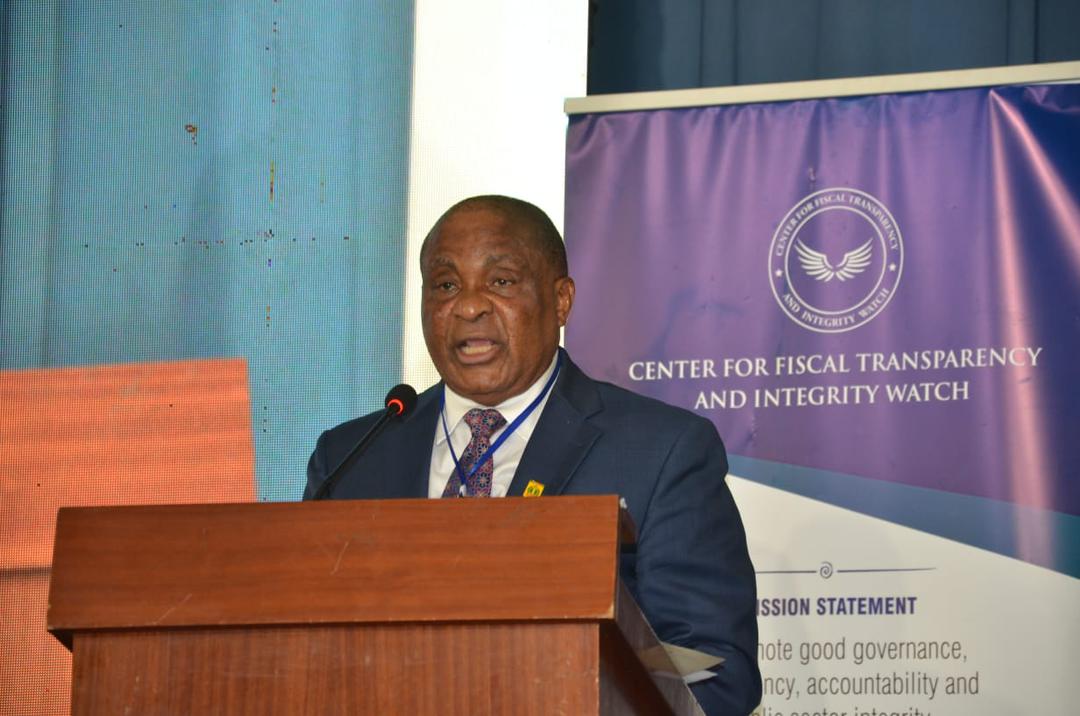
In a bid to combat organized crime in Africa, the Alumni Association of the National Institute (AANI) is advocating for increased collaboration among various institutions. Ambassador Emmanuel Obi Okafor, serving as the National President of AANI, delivered this message during the inaugural session of a two-day international symposium on countering organized crime in Africa. The symposium took place at the Shehu Musa Yar’adua Centre in Abuja.
A statement from AANI's National Publicity Secretary, Brigadier General Sani Kukasheka Usman (rtd), who also holds the title of Sarkin Yakin Kanwan Katsina, conveyed this information.
Ambassador Okafor, who presided over the event, emphasized the timeliness and significance of the symposium's theme, underlining its direct relevance to the survival and prosperity of Africa. He stressed the urgent need to address the challenges posed by organized crime, not only in Nigeria but throughout the entire African continent.
Ambassador Okafor pointed out that these challenges are often exacerbated by weak institutions, a lack of cooperation, inadequate planning, deficient management, insufficient accountability, and a lack of involvement from stakeholders. These factors contribute to hindered economic growth, increased poverty, rising unemployment, and heightened insecurity.
The President of AANI stressed the importance of formulating a comprehensive strategy designed to establish strong and resilient institutions, as well as promoting enhanced collaboration to effectively counter organized crime, provide remedies for victims, and ensure accountability. He reiterated that robust institutions serve as the foundation for effectively addressing organized crime.
Ambassador Okafor commended the organizers of the symposium, the Centre for Fiscal Transparency and Integrity Watch, and highlighted the impact of organized crime-induced insecurity on economic growth and integration throughout Africa. He applauded the symposium's focus on constructing relevant, resilient, and sustainable institutions to tackle this critical issue.
Furthermore, Ambassador Okafor emphasized that organized crime is a global challenge that necessitates a coordinated response from a range of stakeholders, including security agencies, governments, and the media. He stressed the need for holistic approaches that encompass law enforcement, prevention, community engagement, socio-economic development, and advocacy to address the root causes of organized crime and promote a shift in societal values. He also advocated for the adoption of advanced technologies, such as Artificial Intelligence and data analytics, to enhance law enforcement capabilities and foster cross-border cooperation in the fight against organized crime in Africa.
The President of AANI also shared information about the organization's ongoing efforts in advocacy and awareness campaigns, aiming to promote attitudinal change, accountability, and good governance in Nigeria. He expressed AANI's commitment to partnering with organizations like the Centre for Transparency and Integrity Watch and other non-governmental organizations to provide homegrown solutions to emerging developmental challenges, including organized crime in Africa.
In conclusion, Ambassador Okafor reiterated the call for all African countries to confront organized crime head-on, with a focus on prioritizing long-term stability, inclusive development, poverty reduction, and governance enhancement. He encouraged stakeholders to commit to collaborative efforts that ensure the rule of law and work towards a secure and prosperous future for the people of Africa.
The statement also highlighted that the Alumni Association of the National Institute, comprised of accomplished individuals who have graduated from the National Institute for Policy and Strategic Studies (NIPSS) Kuru, is dedicated to advancing national development, unity, and promoting Nigeria's interests.
Copyright © ENTREPRENEURSHIP DEVELOPMENT INSTITUTE 2015. All rights reserved.
Powered by: C.B.N